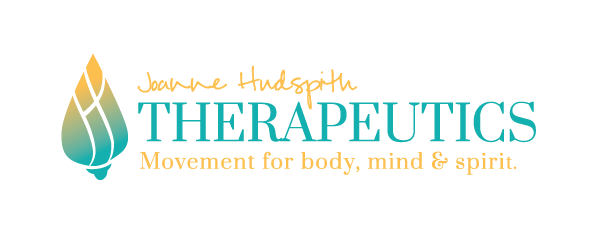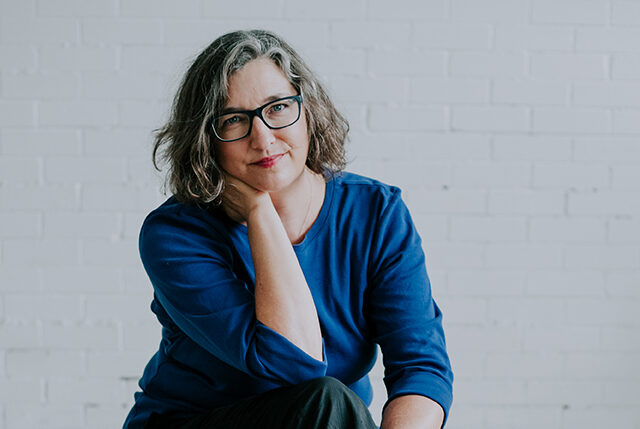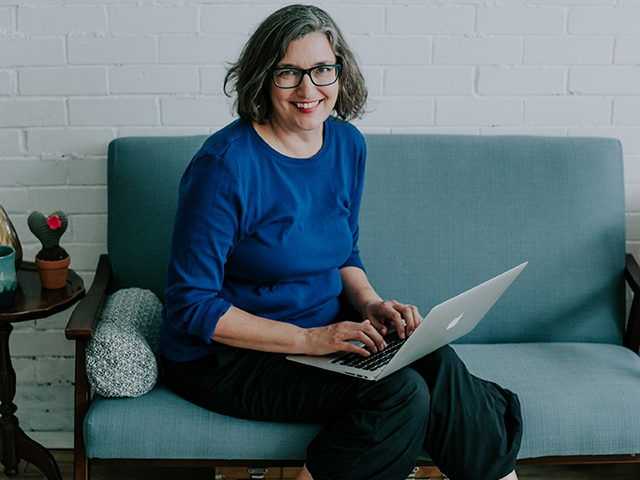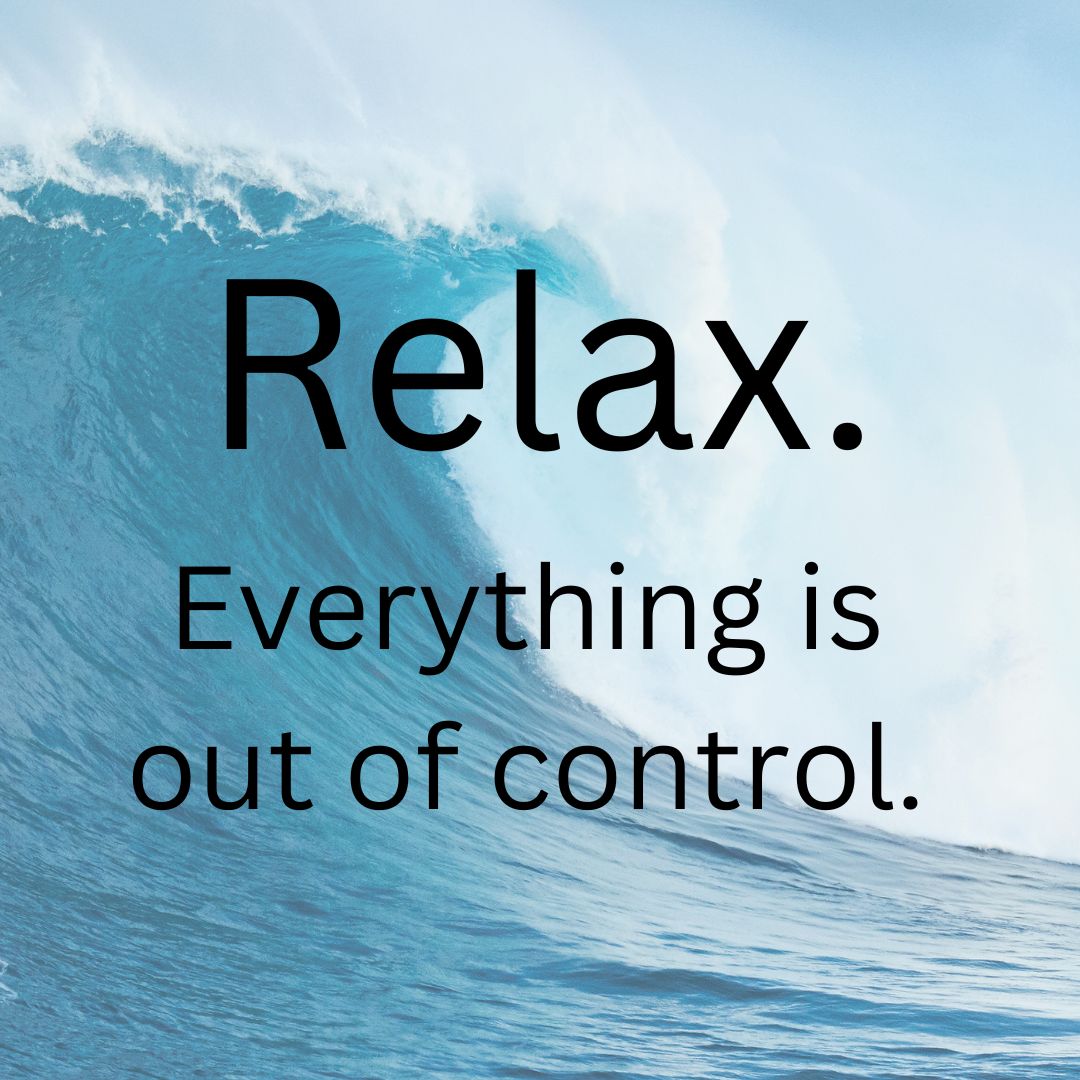As I prepare to write my newsletter each month, I think about the conversations, experiences and curiosities of the past few weeks, and try to pull the strands together.
I’d like there to be some sort of logical conclusion or arrival point at the end of my ponderings, but life is never that cut and dried, is it? Rilke said something about loving the questions and living them, without needing to seek the answers. That feels more realistic to me than offering some sort of panacea, so I’ll invite you to ponder with me.
I am privileged to have people in my life with whom I have real, thoughtful conversations. You know, the kind of conversations that you continue to reflect on for days and weeks, the kind of conversations that act as springboards for newsletters and blog posts….
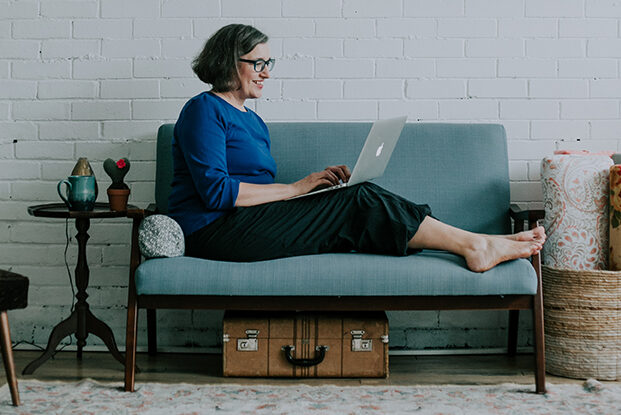
In a recent conversation with my book club, we were talking about the grace that is necessary with each other (and with ourselves) as we learn and grow in a world that always seems to be changing. We were talking about “The Lightmaker’s Manifesto” by Karen Walrond. The book is about activism; it is a guide to identifying values, passions and skills, and how to use them to share light with the world. Our conversation meandered (as it always does) around the book and through our lives. We talked about authenticity, integrity, how to hold ourselves accountable for our words and actions, and how to do so with love in a world where public discourse often contains more vitriol than grace
In an era when “living one’s truth” has become such a cliché, we agreed that integrity is about more than just authenticity – it’s about living one’s principles, listening to the truths of others, and actively seeking to reconcile seemingly opposing truths. Living with integrity means identifying core values and making choices that align with those values.
It all sounds very nice on a theoretical level, but putting it into practice is so hard. The gravitational pull of right and wrong is a strong and exclusionary one. It’s so easy to identify ‘different’ as ‘wrong’, which makes it difficult and even more important to learn to listen, to care, to be genuinely curious and open to learning from those who see and think differently than we do. It’s difficult to learn and grow when all of our energy is spent defending ‘our truth’.
When I feel stuck or conflicted about a situation or relationship, I find it helpful to come back to the principles that guide my work with the physical body and work my way out. It’s all about the nervous system and relationships, whether I’m working with tissue, thoughts or other people.
Pain of any sort – physical or psychic – tells me I need to do things differently. To learn what that something is, I need to work with my nervous system, not against it. That means no name-calling, no telling my body who’s boss. It means listening deeply, and without judgement, to recognize the patterns that are there, and being curious about their effects on my body and mind. In these moments of gentle and deep listening, of self-compassion, I can learn about my assumptions and expectations, recognize them as patterns in my nervous system, and be curious about the role they may be playing in the pain I’m experiencing.
I know from working in my body that to get out of pain, and become stronger, move well and with more ease, I need to challenge myself. Sticking to what I’m comfortable with or what’s easy won’t create change. I need to recognize habits that are getting in my way and learn to do things differently. I need to add load and complexity – and do so safely by paying attention to what I’m feeling.
Making new choices and creating new patterns is uncomfortable and challenging. It is also essential if we want things to change. I sometimes joke that I want to change the world with these musings and meanderings that I send out each month. But it’s not really a joke. We can’t expect systemic change to begin on an institutional level. I believe that the solutions for most of the problems we’re facing begin with listening to each other, caring for each other, being genuinely curious and open to learning from people who see and think differently than we do.
When we are listened to and not judged, we begin to trust. When we feel safe, we don’t need to be on the offensive or defensive. How different would the world be if we spent more time listening and learning, seeking to understand instead of judging? What if we held each other and ourselves accountable with love and grace, instead of shame? Could we learn from our experience of being in our body and apply that to our experience of being in relationship to others?
Your body is different each day; your experience of being in your body is different each day. Each day provides you with the opportunity to listen with love and curiosity, to develop and sustain a relationship of deep trust with yourself. What can you learn from your relationship with yourself that you can apply to your relationships with others? What can you learn about the way you care for others that you can apply to the way you care for yourself?
